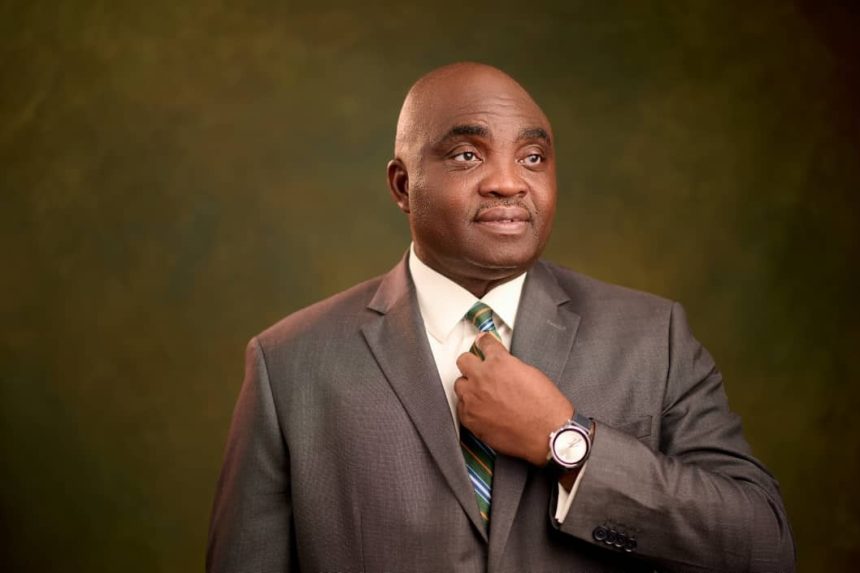The Director-General of the Infrastructure Concession Regulatory Commission, Dr Jobson Ewalefoh, has said that Public Private Partnership remains a viable solution to infrastructure challenges being experienced in the power sector.
He stated that government revenue alone cannot support the infrastructure improvements needed to drive economic growth hence the need to diversify using PPPs.
This was disclosed in a statement signed by the acting Head of Media and Publicity, Ifeanyi Nwoko, on Sunday.
The statement said Ewalefoh spoke during a panel session at the just concluded event organized to mark the 30th anniversary of the Nigerian Economic Summit Group with the theme, “Accelerating Infrastructure Development”.

The advice comes amid the repeated collapse of the national grid, causing embarrassment to the nation.
The national grid collapsed around 8.16 am on Saturday, the third time in one week, with its attendant blackout across the nation.
Responding to questions on the infrastructure gaps in the power sector despite various strategies to fix it, Ewalefoh said that PPP was the best option to build new power infrastructure and also optimise existing ones.
“We have a lot of infrastructure gaps in Nigeria today across all the sectors from transportation, energy, health, housing, and other sectors.
“It is no longer news that the revenue of the government cannot take us to where we want to be in terms of infrastructure. We have tried a lot of options, and we have to recalibrate our strategies now.
“The only way we can bridge the infrastructure gaps that we are having in this country is to harness private sector finance and expertise in building and managing infrastructure.
“We also need to have a shift from the mindset that the government can provide all the infrastructure that we need as citizens.
“We need to get the funding and the service delivery from the private sector. This will assist the government in building infrastructure. The private sector is not only for building new infrastructure, we also need to optimize already existing infrastructure, and we need the private sector to play a role.
“The ICRC has a bouquet of options as to how the private sector can come in, not only to build but to maintain and optimize for better service delivery,” he said.
The DG said that the commission had come a long way and has learnt a lot from the over 100 concession projects that it has been involved with, adding that it has streamlined its processes and optimized them based on lessons learnt.
He stressed that the commission was now better positioned to handle any infrastructure project and ensure value for money and the Nigerian people.
The DG said that the current administration has demonstrated that it was poised to bridge the infrastructure gap in Nigeria, adding that the commission was setting the right framework that will ensure projects are delivered faster.
He added that the ICRC was also working to get rid of the PPP space of portfolio investors who neither have the capacity nor the funds to actualize the project for which they have prepared a very beautiful business case.
“Going forward, for any consortium that is vying for a PPP project, we must first ascertain that you can carry out such a project, not those that seek funding after obtaining the agreement,” he stated.



